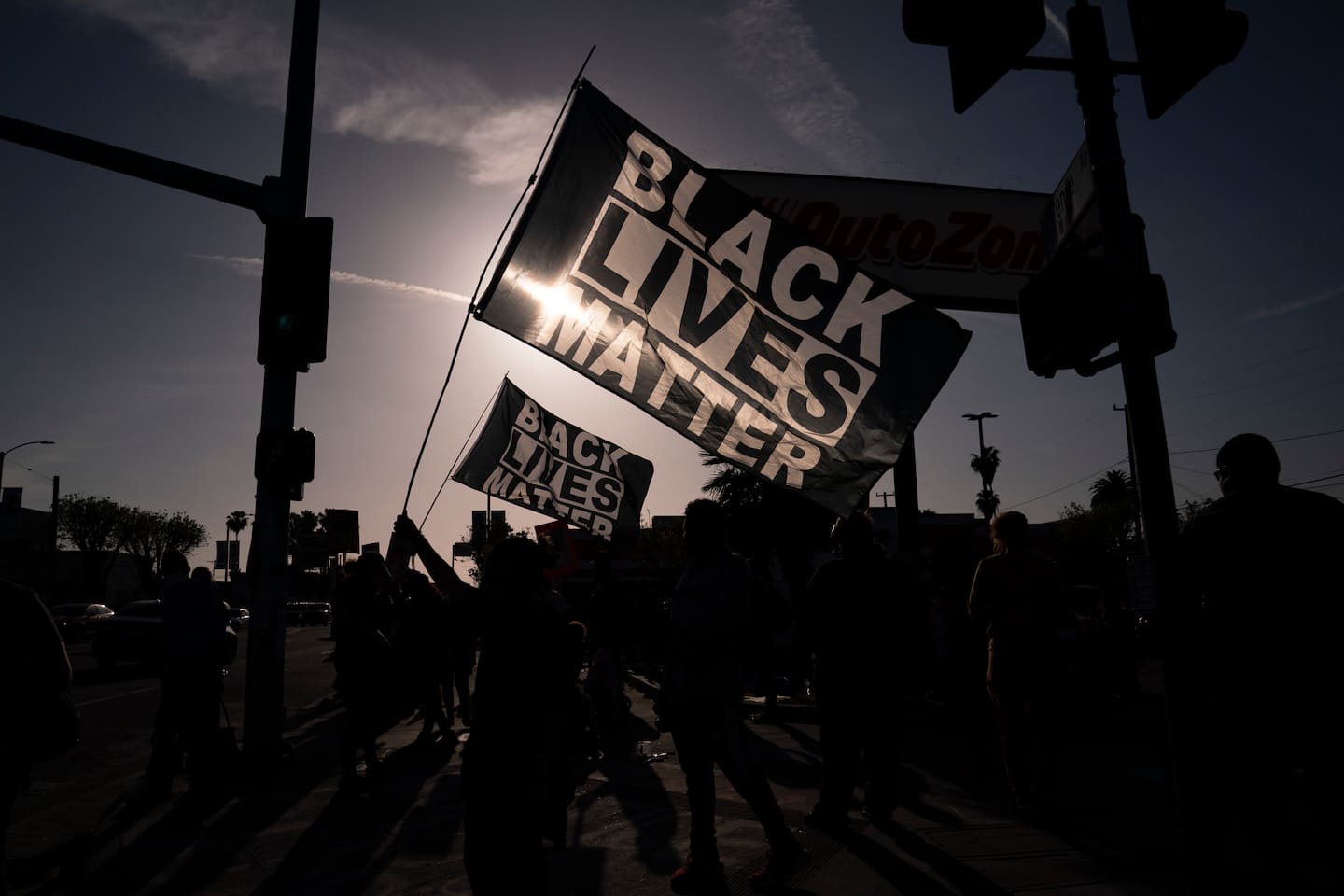Why I support reparations — and all conservatives should

Only this time I was bothered because her comments hit home.
Like most conservatives, I’ve scoffed at the idea of reparations or a formal apology for slavery. I did not own slaves, so why would I support my government using my tax dollars for reparations or issuing an apology? Further, no one in the United States has been legally enslaved since 1865, so why are Black people today owed anything more than the same freedoms and opportunities that I enjoy?
I remain unconvinced that an apology would have much real value, but the more substantive notion of reparations is worth discussing. In fact, it could be argued that the idea fits within the conservative philosophy. We’ll come back to that. But it is undeniable that White people have disproportionately benefitted from both the labor and the legacy of slavery, and — crucially — will continue to do so for generations to come.
When slavery was abolished after a bloody civil war, African Americans were dispersed into a world that was overtly hostile to them. Reconstruction efforts were bitterly resisted by most Southern Whites, and attempts to educate and employ former slaves happened only in fits and starts. The government even reneged on its “40 acres and a mule” pledge. After slavery, prejudice and indifference continued to fuel social and economic disparity.
The result is unsurprising. As noted by scholars A. Kirsten Mullen and William A. Darity Jr., co-authors of “From Here to Equality: Reparations for Black Americans in the Twenty-First Century,” data from the 2016 Survey of Consumer Finances showed that median Black household net worth averaged $17,600 — a little more than one-tenth of median White net worth. As Mullen and Darity write, “white parents, on average, can provide their children with wealth-related intergenerational advantages to a far greater degree than black parents. When parents offer gifts to help children buy a home, avoid student debt, or start a business, those children are more able to retain and build on their wealth over their own lifetimes.”
Black author and activist Randall Robinson has argued that even laws such as those on affirmative action “will never close the economic gap. This gap is structural. … blacks, even middle-class blacks, have no paper assets to speak of. They may be salaried, but they’re only a few months away from poverty if they should lose those jobs, because … they’ve had nothing to hand down from generation to generation because of the ravages of discrimination and segregation, which were based in law until recently.”
In addition to the discrepancy in inherited wealth, even conservatives should be able to acknowledge that Whites enjoy generational associations in the business world, where who you know often counts more than what you know — a reality based not so much on overt racism as on employment and promotion patterns within old-school networks that Blacks lack the traditional contacts to consistently intersect.
The cost can be debated, along with the mechanics of a compensation package. But in the current drunken haze of government spending, appropriating trillions for the noble purpose of bringing Black Americans who remain economically penalized by the enslavement of their ancestors closer to the fiscal universe of White citizens surely seems less objectionable than some recent spending proposals.
It is a tenet of conservatism that a level playing field is all we should guarantee. But that’s meaningless if one team starts with an unsurmountable lead before play even begins.
It’s not necessary to experience “White guilt” or buy into the notion of “White privilege,” a pejorative that to me suggests Whites possess something they should lose, when in fact such benefits should extend to all. Supporting reparations simply requires a universal agreement to work toward, as Jayapal said, “righting that wrong.”
Read more:






